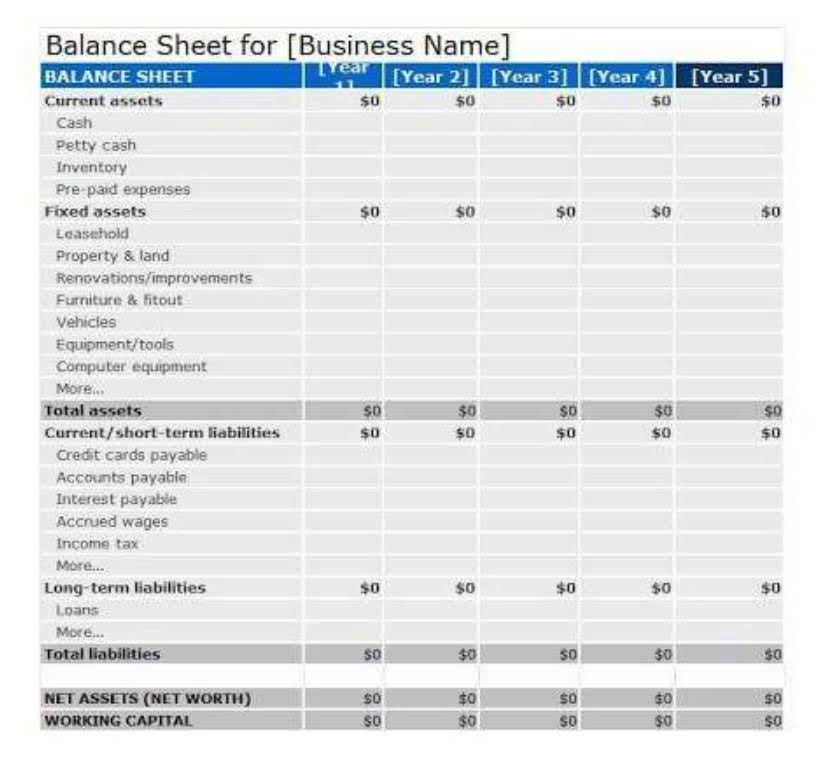
Donors can choose between a range of programs that focus on basic income, emergency relief, large transfers and more. The payments industry is constantly developing and becoming intricate and complex over time. Since the first credit card payment service provider terminal was introduced back in 1979 by Visa, the technology, terminology, and ways people can pay has evolved greatly. When choosing your Payment Processor, seek out one that has placed high importance on security and fraud prevention.
- With the right provider, you’ll be equipped to handle the complexities of online payments and beyond.
- The exact date that payments will need to be withheld will be determined in the coming weeks.
- One of the most transparent payment processing services in the industry, Helcim is built with smaller business functionality in mind.
- The PSP accepts various international payments, providing a secure gateway and currency conversion.
- While this was traditionally a paid optional feature, it’s increasingly included as a standard feature with most payment gateways today.
- By offering a range of services, PSPs enable merchants to accept payments from customers using various payment methods.
- It connects merchants to the credit card networks directly or with payment processors in order to process the payment.
What is the Difference Between a Payment Service Provider and a Payment Gateway?
The digital payment industry is a massive industry in today’s digitalized world, and it is forecasted to reach US$10.64 trillion in 2024. PSPs provide a powerful set of payment and business administration solutions, but they are not suitable for all organizations. Here are a few scenarios in which PSP alternatives may be a more convenient or cost-effective option. By embracing the integration of multiple PSPs within a Unified Payments Infrastructure provider like Primer, businesses can transcend the constraints of a singular approach. AppsFlyer plans to take subscription payments to another level, and working with Primer will allow Shirly to integrate with a new fraud prevention tool while monitoring performance in case of any issues. “Most payment solutions aren’t very user-friendly—you need to have a deep understanding of payments to have any chance of using them.
Integrated Payment Processing
- Authorize.net has offered payment processing services since 1996 and has earned a reputation for offering iron-clad security for sellers.
- They also employ anti-fraud measures to assure the source of the purchase transaction is who they claim to be.
- These detailed insights provide businesses with valuable data on their payment operations.
- Many PSPs have no startup, monthly or termination fees, so the only ongoing costs are your payment processing fees.
Stripe is open to merchants worldwide with numerous currency options and support for many alternative payment methods and local payment options across North America, the EU, and Asia. PSPs also support a range of customer payment conveniences, including secure card-on-file, quick-response (QR) code payment screens and automated recurring payments for memberships and subscriptions. An issuing bank is responsible for the cardholder’s ability to pay off any debt they accumulate with the credit card or credit line given by the bank.

Pricing
Traditional merchant accounts are payment services that support credit and debit card processing plus various other electronic payments. Merchant accounts can be set up through banks and independent merchant service providers, but application and setup can take several weeks, unlike a PSP’s immediate approval. Also known as payment processors, these payment companies allow customers to submit payment information through a payment gateway, such as a physical card reader, mobile phone reader or an online payment portal. They then verify payments with the customer’s card network, bank or other financial institution, initiating approved payment transfers into the merchant’s bank account. As a result, customers can complete payments with credit and debit cards, mobile wallets, or Automated Clearing House (ACH) bank transfers, to name a few. You’ve seen everything that payment service providers have to offer, but they’re not your only option.

Pricing model and fee structure
- An acquiring bank is a registered member of a card network, like Visa or American Express, that accepts transactions on behalf of those networks for merchants.
- PSPs typically operate on a pay-as-you-go basis, with no setup fees, monthly gateway fees, or additional per-transaction charges.
- The main difference is that PSPs offer one joint merchant account to multiple businesses, while dedicated merchant account providers offer individual merchant accounts to each business owner.
- This is simply a network of banks that processes a particular brand of payment cards like Visa or Mastercard.
- However, you can expect to have to pay them if you integrate a third-party gateway into your account instead of using the one offered by your merchant services provider.
- Flywire helps craft personalized fintech payment platforms for a variety of international industries, including travel, education and healthcare.
While the private industry has traditionally encouraged the promotion of digital trade, governments seem to be lagging. However, improved use of real-time payments could help them increase tax collection and boost fraud prevention. Thus, consumer behavior and high-speed data networks are top factors fueling the adoption of real-time payments, contributing to the growth of this market.

Braintree supports all standard forms of payment and directly integrates with PayPal and Venmo. You can set up a payment gateway by signing up with a payment service provider such as Square or by signing up for a full-service merchant account with a provider like Helcim. A payment gateway for your small business is a necessary service if you want to accept online payments securely. We reviewed several fixed assets payment gateway providers based on pricing, features such as security measures and in-person sales compatibility, and contract terms to help you find the best payment gateway for your small business.

Examples of Payment Service Providers

Researchers Certified Bookkeeper say they now have a way to tell the endangered species apart from other bats by analyzing saliva the nocturnal mammals leave behind when sipping nectar from plants and residential hummingbird feeders. Certain manufacturers reportedly plan to raise their prices on some of their 2025 selections by as much as 23%. The Department of Homeland Security told Fox News that “Four employees are being fired today for circumventing leadership and unilaterally making the egregious payment for hotels for migrants in New York City.” David Johansen, the legendary frontman of the New York Dolls, is battling stage 4 cancer, and his family is seeking support. After privately fighting the illness for nearly a decade, his condition worsened following a severe fall that left him bedridden.
Whether you run a physical store or manage an online store, a PSP ensures smooth payment processing, enabling customers to pay easily using various payment methods, such as credit and debit cards, digital wallets, and more. A payment service provider, or PSP, is a third-party company that lets businesses securely accept credit card, debit card and digital wallet payments online and in person without having to open a dedicated merchant account. They’re a good fit for new small businesses that need to start accepting card payments quickly and want an all-in-one solution for point-of-sale systems and payment processing.